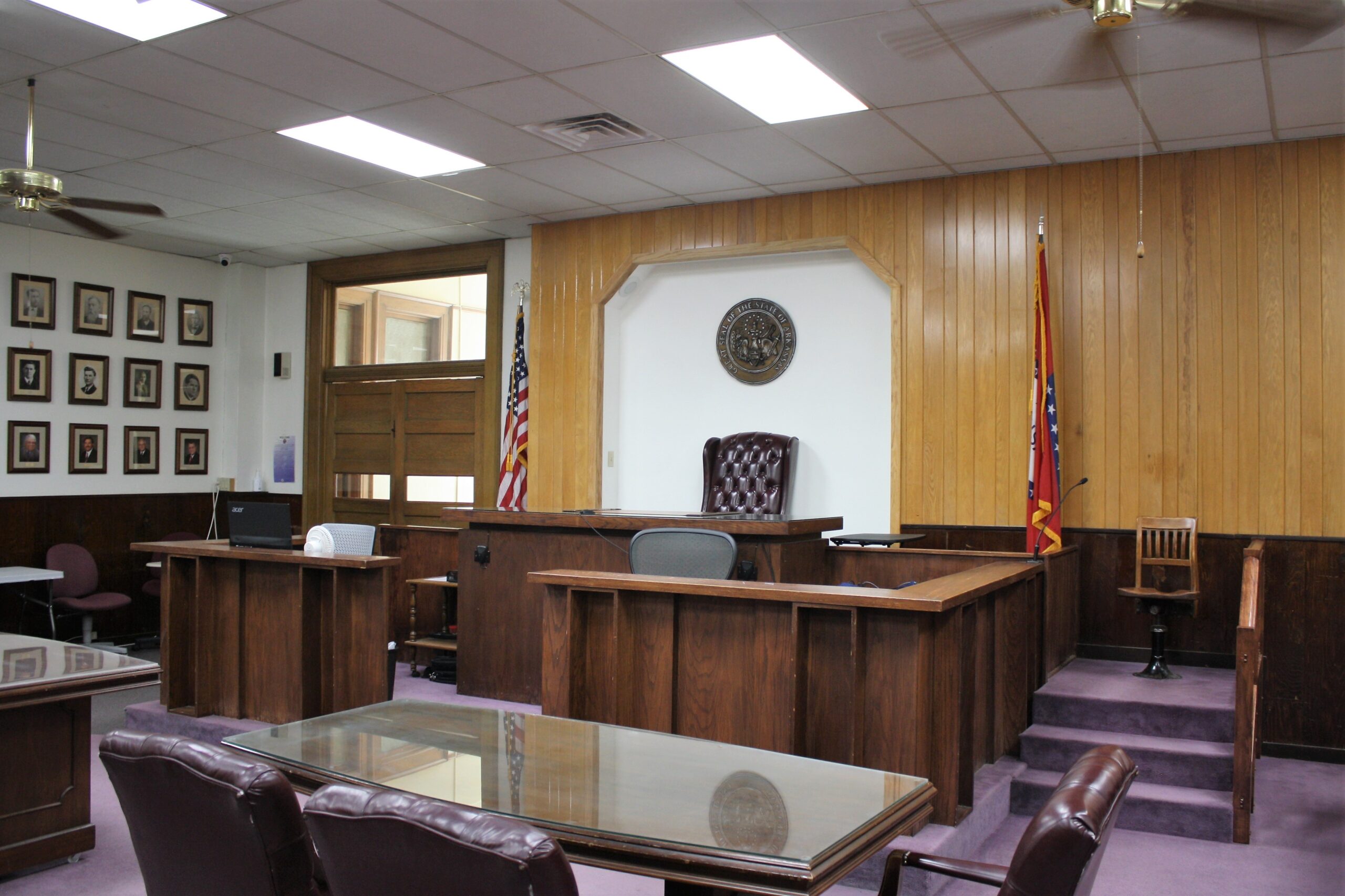
President Elect Donald Trump is currently involved in four major legal cases and has been charged with 34 felony counts. However, this may change as Trump prepares to take office on the 20th January next year. The cases brought against him by special counsel Jack Smith are likely to never see a verdict, let alone a final report into the investigations. These federal cases are subject to the inability to prosecute a sitting president and so too, it seems, is Jack Smith’s career. He is expected to step down before Trump’s inauguration, and before the incoming President dismisses him. This is not an unfounded fear as, in an interview, Trump stated he would fire Smith ‘within two seconds.’
His New York hush money case will not be so easy to get rid of, as a president could theoretically pardon themselves for federal cases, but not for state ones. In this case, Trump’s sentencing has been delayed until the 26th November, but it is likely that his legal team will aim to delay this further. The judge still has the ability to continue with his sentencing, but it is unlikely that Trump will face the four years in prison he is eligible to and will realistically be given a relatively small fine.
Having covered the legal proceedings against the President Elect in April of this year and now, knowing the results of the Supreme Court’s ruling, as well as the US election and looking back, I am faced with the daunting reality of the situation. America’s next president will not only be the first convicted felon to take the highest office in the country but may also be the first to pardon himself of those offences. I find that reading it now with a distinct lack of urgency is something we can no longer afford to have. This is a ruling that does not just allow Trump an unchecked and unprecedented amount of power, but also those who come after him, regardless of the party that they represent. That is, of course, assuming that Trump is unsuccessful in fulfilling his “jokes” about running for a third term.
There has been similar criticisms here in the UK in previous years, notably the Partygate scandal, and, as a result of which, both Boris Johnson and Rishi Sunak received only fines for breaking the laws they put into place. These, however, did not allow those at fault to find themselves “not guilty.” There is a dangerous standard being set that tells leaders that they cannot be held accountable for their actions in office. Those in power are increasingly able to act without fear of consequence.
Trump’s sentencing is still yet to take place, but regardless of what the judge decides, there is every likelihood that the Trump Legal Team will try to overturn the verdict once Trump enters office. Regardless, Trump appears free to operate without consideration for the checks to Presidential power that are already in place, and now, with the House and the Senate in Republican control, there is painfully little that he is restricted by. It seems that both internationally and within the United States, Trump’s presidency is going to have new, previously unheard-of consequences, and the challenge for America, both during and in the aftermath of Trump’s time in office, is how to navigate from there. At best, this means undoing the damage that has already been done to American democracy and hoping that Trump, having gained office and cleared of his charges, will be content. The worst, as of now, is a daunting unknown.
Image: Boone County Courthouse Courtroom Front, Brandonrush, 2020 // CC0 1.0 Universal Deed



Average Rating